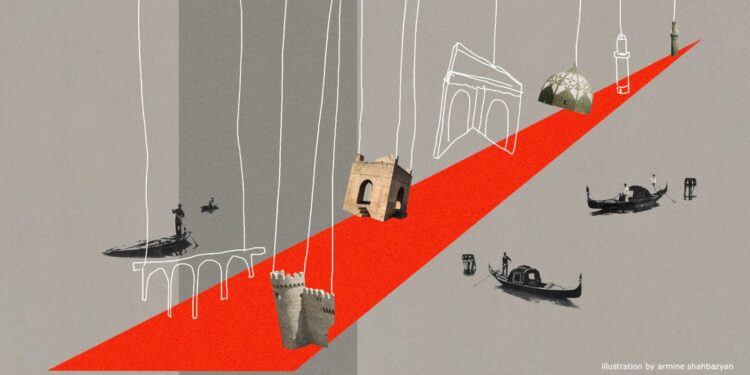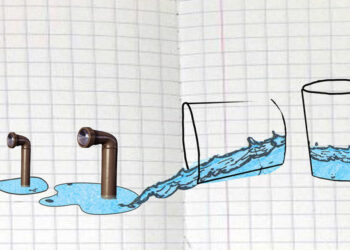Politics
Azerbaijani Troops Remain on Armenian Territory: A Nine Day Timeline
Nine days after Azerbaijani Armed Forces crossed into Armenian territory in the Syunik and Gegharkunik regions, the standoff continues. The absence of a resolution and the potential of a military confrontation has the people of Armenia on edge. Here is a timeline of events.
Russian Peacekeepers in Artsakh
A day after the trilateral agreement ending the 2020 Artsakh War was signed, the first contingents of Russian peacekeepers were deployed. Six months in, clarifications regarding the size, mandate and mission of the peacekeepers are still not clear.
Are We Ready for the Next Cyber War?
Armenia is at the wrong end of global cyber security indexes. The lack of a comprehensive cyber security national policy makes the country's network and information systems vulnerable. The 2020 Artsakh War clearly proved this.
Military Expenditures and the Economy: Behind the War of Weapons
Azerbaijan increased its military spending by 17% in 2020; this was among the largest annual increases in Eastern Europe and Eurasia. Ani Avetisyan breaks down the numbers of the military expenditures of both Armenia and Azerbaijan.
The Calamitous 1921 Treaty of Moscow
The Treaty of Moscow reaffirmed, almost identically, the borders laid out in the Treaty of Alexandropol. Armenia, thus, conceded 20,000 square kilometers to Turkey. Mikayel Yalanuzyan reveals the details of those turbulent times.
PM Nikol Pashinyan Resigns, Formally Triggering Election Process
Following months of protests, Armenia’s Prime Minister Nikol Pashinyan announced his formal resignation, triggering the process that is expected to lead to an early parliamentary election in June 2021. He will remain acting PM until then.
How Economic Ties Swayed European Countries Toward Azerbaijan
Lucrative economic ties with Azerbaijan have influenced the United Kingdom, Italy and Hungary, among others, in their stance during and after the 2020 Artsakh War.
Armenia-EU Relations: Understanding CEPA
The Comprehensive and Enhanced Partnership Agreement between Armenia and the EU came into force on March 1, 2021. Will it serve as a stepping stone to develop and extend the scope of the partnership?
The Meghri Corridor: A Viable Transport Link or Geopolitical Noose?
Azerbaijan and Turkey are highly incentivized to make the Meghri corridor a reality as soon as possible. For Azerbaijan it’s to have a direct link with its exclave of Nakhijevan. For Turkey, it opens up a direct connection with Azerbaijan and the Turkic world beyond.
From Voter Jubilance to Voter Alienation
Political efficacy has been replaced with a wave of voter alienation among a large percentage of Armenia’s electorate. With snap parliamentary elections set for June 20, these issues will be front and center.












